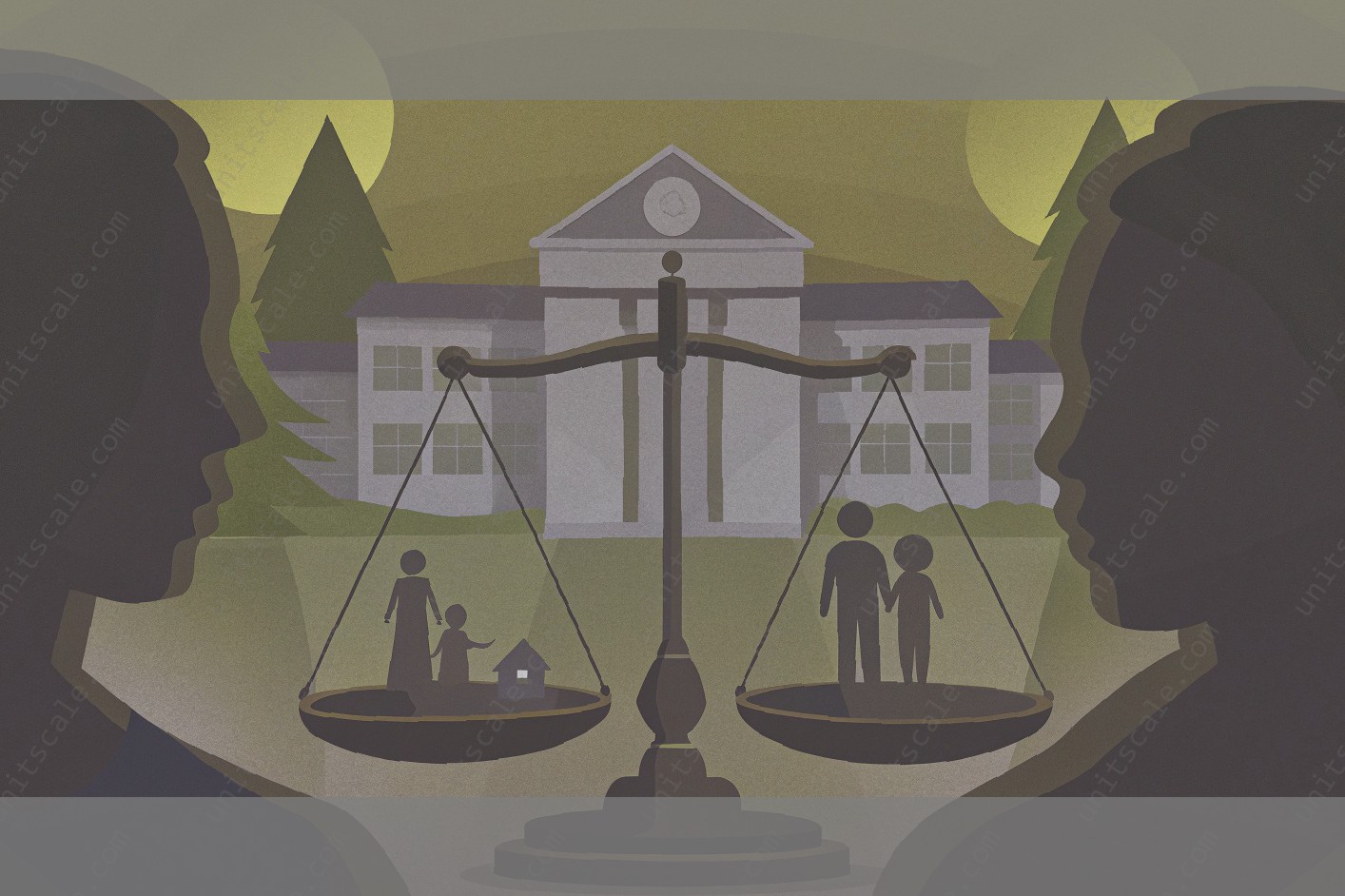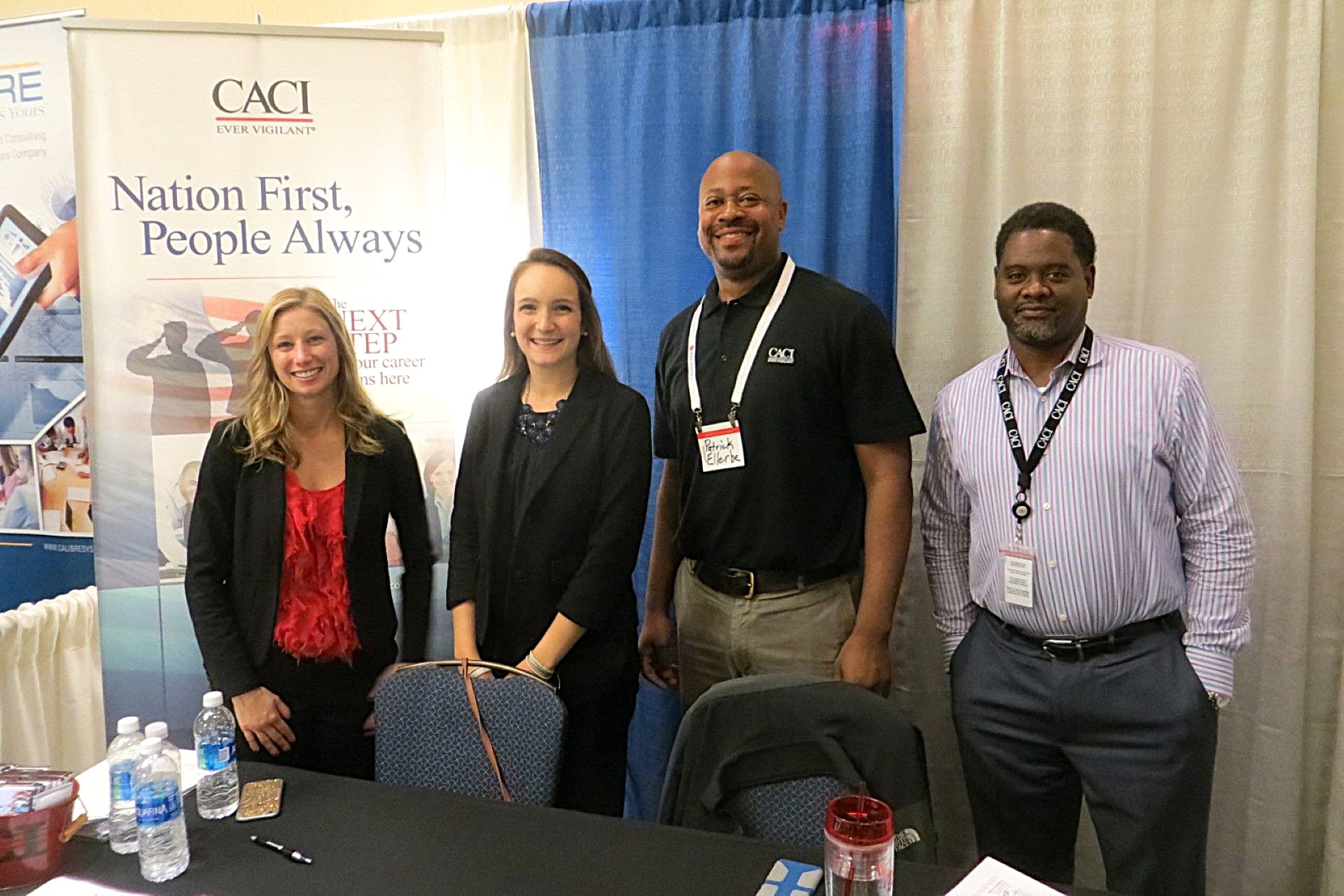What is Legal Aid?
Legal aid refers to a range of services and programs designed to provide assistance to those who cannot afford a private attorney. The programs vary from state to state, but in California, multiple agencies work in conjunction with local legal services to provide aid to the underprivileged. As with state programs, these agencies provide legal help ranging from counsel on certain issues to full legal representation in court.
Many times, legal proceedings present challenges that immediate action can resolve, but these challenges require the knowledge and advocacy that many people simply cannot afford. Legal aid programs fill these gaps for qualifying individuals in a variety of subject areas, also known as "practice areas." For example, the California Courts website provides a detailed list of practice areas that legal aid programs and other legal resources may address, include criminal law, child support, divorce, unemployment, naturalization, personal injuries and gun restrictions .
Legal aid is an important part of California’s justice system because it provides citizens with the resources, including knowledge, that they need to provide recourse for challenging legal matters. However, not everyone qualifies for legal aid, nor do all legal services cover every area. Programs often have limitations. They include income requirements, limitation of available services or time restrictions.
The Santa Cruz County Bar Association provides assistance by connecting individuals to the legal aid programs in the area. Chief among them is the Volunteer Legal Services Program. It offers free legal services for qualifying low-income individuals, including free consultations, information about legal rights and responsibilities and possible representation. Other sources for legal aid include local legal aid programs, the Access to Justice Resource Center or programs provided by the State Bar of California.
Description of Legal Aid Services in Santa Cruz
In Santa Cruz County, legal aid services are offered through several organizations and programs that aim to help low-income residents obtain the legal guidance they need. Legal aid services in Santa Cruz focus on a range of issues including family law, immigration, housing, and other special programs such as Pro Bono Publico. These services can help minimize the struggles many residents have with the lack of resources to navigate complex legal issues and courtroom procedures. The Santa Cruz County Bar Association provides legal information for individuals and families who may be in need of legal assistance. Their resources are available online for individuals to access or they may call or visit the Bar Association office in Santa Cruz. The Legal Services of Northern California provides low-income families and individuals with free legal assistance and representation. They offer consultation and referral offices throughout Northern California, with their office in Santa Cruz County located in Watsonville. The Disability Rights Education and Defense Fund (DREDF), a leading national law and policy center for disability civil rights, offers clinics, trainings, and other legal services for low-income individuals and families in Santa Cruz County who are affected by disability issues. The California Womens Law Center, although primarily based in Southern California, offer their breast cancer rights helpline to individuals in need of free legal assistance throughout California, including those in Santa Cruz County. Santa Cruz Pro Bono Project works to provide volunteer lawyers to assist low-income individuals and families with various legal needs in civil cases. The Pro Bono Project assists veterans, children at risk, survivors of domestic violence, immigrants, and other individuals in need of legal help in Santa Cruz County. Through many of these agencies and nonprofit organizations in the community, legal aid services in Santa Cruz County help many people receive necessary legal assistance.
Who Can Get Legal Aid in Santa Cruz?
Acquiring necessary legal representation is often a daunting process. However, for low-income residents of Santa Cruz, legal aid services exist to bridge this gap. The California Legislature has authorized the extension of full-scope representation to all clients at 125 nonprofit legal aid organizations statewide. The provision of comprehensive representation services is made possible through the allocation of state funding, as well as county and federal funds.
Though factors such as income thresholds and immigration status can affect qualifications, there are certain basic criteria that clients must be aware of before seeking assistance from legal aid. To begin, if a client has suffered domestic violence or abuse, a legal aid organization can open an urgent case for a client regardless of income or residence in order to provide immediate assistance. Otherwise, basic eligibility requirements for legal aid include:
50% Poverty Guidelines An individual qualifies for legal aid services if their income does not exceed 50% of the Federal Poverty Guidelines. For example, individuals that earn less than $629/month and families of nine that earn less than $4,892 are currently eligible. These guidelines differ from case to case, so legal aid organizations will ask clients to complete a client intake questionnaire which will guide them to determine if they qualify for legal aid services. The income guidelines are updated yearly by the Federal government; therefore, the Federal Poverty Guidelines change on October 1st of each year. However, the guidelines for 2019 will not change from the current year due to the government shutdown. Furthermore, legal aid organizations vary on their income guidelines used to qualify individuals. While some organizations waive eligibility requirement parameters in special cases, most follow guidelines set by The Legal Services Corporation. The Federal Poverty Guidelines for Federal Fiscal Year 2019 are as follows:
Community property rules apply to married couples who reside within the same household. Per these rules, income earned by either spouse can be counted as joint income, regardless of the spouse’s name on a paycheck, and can thus be considered to have come from either spouse. This non-party income will continue to be included even after the parties separate.
Expenses from legitimate debts may be deducted from income. For example, if your debts total $2500 monthly, and your income is $2000, you are $500 short of qualifying for legal aid. However, if the debt service on your car and house is $2000 per month, you now have a disposable income of $0, and thus qualify for legal aid services. When there is an economic drain on a household due to a disability, the problem rests in proving that the entire family unit can provide support for that individual. As with all domestic violence cases, the petitioner must prove both physical and economic abuse. If the petitioner is collecting Aid to Families with Dependent Children (AFDC), the attorney’s fees will be waived.
Applying for Legal Aid in Santa Cruz
To apply for legal aid services in Santa Cruz, you can start the process by visiting the official website of the Pro Bono Project of the Santa Cruz County Bar Association. There, you’ll find a detailed list of the legal services and support available to those who meet the necessary criteria.
Upon arrival, you will be asked to fill out an intake application to assess your eligibility for free legal assistance. The intake form will request information such as a brief description of your legal issue, your income, and whether you can afford an attorney. Once your application has been reviewed and approved, the team will assign you to a suitable attorney pro bono, as per the services they provide.
Documents you may need to prepare include your current financial statement, such as a tax return, proof of your situation (such as police or court records), and any other paperwork you feel will help provide a clearer picture of your circumstances. The goal of the intake process is to understand your needs and determine how a pro bono lawyer can provide you with the service or referral you require.
After the intake process, a legal aid organization will get in touch with you to let you know whether they can provide the necessary support. If they cannot do so, they will still point you in the right direction so you’ll have the resources and information you need to move forward with your case.
Why Hire Legal Aid Lawyers
When you choose to hire one of the legal aid attorneys in Santa Cruz, you can rest assured that you are receiving the best legal representation based on your unique needs and financial situation. Legal aid services are available to those who cannot afford private legal counsel, but there are also many other reasons why you should consider legal aid.
Affordable Costs
Legal aid services will provide you with the services you need at the costs you can afford. There are no "hidden fees," and you will never pay more than what is stated in your contract. You won’t pay anything until all work is complete, so your financial obligations are all up front. If you are facing low income, you can still get the legal services you need .
Experience and Expertise
The Santa Cruz legal aid attorneys have the experience you need to successfully resolve your cases. They have spent years providing legal counsel and representation to a diverse clientele. Their vast range of case experience uniquely empowers them to represent clients from all walks of life. This means that medical malpractice lawyers have collaborated with real estate experts to provide superior services to all of their clients from one location.
Personalized Service
Just because the legal aid services are offered through a full-service law firm doesn’t mean you will be made to feel like "just another case." Legal aid offers you the opportunity to work with an attorney dedicated to your needs, so you’ll receive not just cost-effective legal representation, but also personalized service.
The Challenges of Legal Aid in Santa Cruz
While legal aid can be a significant resource, it is not without its challenges. For one, demand for free legal services frequently exceeds supply. Most organizations are run by small staffs, sometimes with under ten full-time attorneys. Given that they are typically under-funded, small staffs often work on a limited number of cases.
Case loads are heavy for even the most seasoned attorneys, with many required to juggle multiple delicate cases at once. There’s only so much time in a day, which can mean that some cases get only a cursory review before they receive final approval.
Another challenge is that many applicants get turned away for legal assistance. Sometimes this is due to a lack of funding, but it can also be that attorneys working at legal aid organizations are unable to take on the work that is presented to them. In some cases, the subject matter of a case is not something frequently dealt with, or it requires a specialized skill set. Applicants may also be turned away if they need an attorney to consult with their private insurance plan, but lack sufficient funds to cover the out-of-pocket cost.
Benchmark Cases in Santa Cruz Legal Aid
In the heart of Santa Cruz, the legal aid services have made a meaningful difference to a plethora of individuals who fought for their rights and won. These story highlights, courtesy of the Santa Cruz Community Ventures Foundation, help reveal the interpersonal aspects of these complex legal cases. A young disabled adult like Maria often faces a plethora of challenges when hoping to gain the support he or she needs through various government programs. Through the Disability Benefits Advocacy Project established by the Santa Cruz bar, Maria, who has severe psychiatric disabilities, received assistance in obtaining Supplemental Security Income, or SSI, retroactive to a time before her 18th birthday. Without the financial assistance that this program provided, Maria and her family would have suffered significantly. Mary was a 56-year-old single woman with a long history of physical and mental disabilities who never held a steady job in her life. Frustrated with the long waiting time between filing an SSI application and receiving disability benefits, she approached the Disability Benefits Advocacy Project, which provided direct assistance with her SSI filing. Within five months, she received $17,000 in back benefits and is now receiving monthly benefits.
Alternative Legal Resources
In addition to the work that we do at Santa Cruz Lawyer and the other attorneys of the local bar, there are a number of other volunteer lawyers and legal aid clinics in the area, seeking to provide access to justice to all who need legal assistance. Some of these groups are:
Court Self-Help Center – Run by the Santa Cruz County Superior Court. The Court Self-Help Center provides free help to self-represented litigants in Family, Small Claims, Civil Harassment Restraining Orders, and Limited Jurisdiction Civil matters. The Self-Help Center is funded by the Court with support from the Legal Aid Society of Santa Cruz County. Hours: M-F, 8:30am-12pm and 1:30-4:00pm, and every Wednesday 5-7pm. Must first reserve time via telephone . For all other assistance, call 831-420-2809.
California Rural Legal Assistance Foundation – Provides free representation and assistance to low-income tenants and to noncitizens who are victims of crime or abuse. CRLA represents individuals and communities throughout California, including Santa Cruz County.
Law Clinic of Santa Cruz County – The Law Clinic, organized by Santa Cruz County Bar, provides free legal advice and guidance regarding civil, criminal, consumer, family law, landlord/tenant, and personal injury matters. The Law Clinic is held every Tuesday from 5:30 to 7:30 p.m. Monthly sessions are also held in south county at Dominican Oaks. Meetings (by appointment only) are held at the law office of Fenton & Keller off Highway 1 in Monterey.



